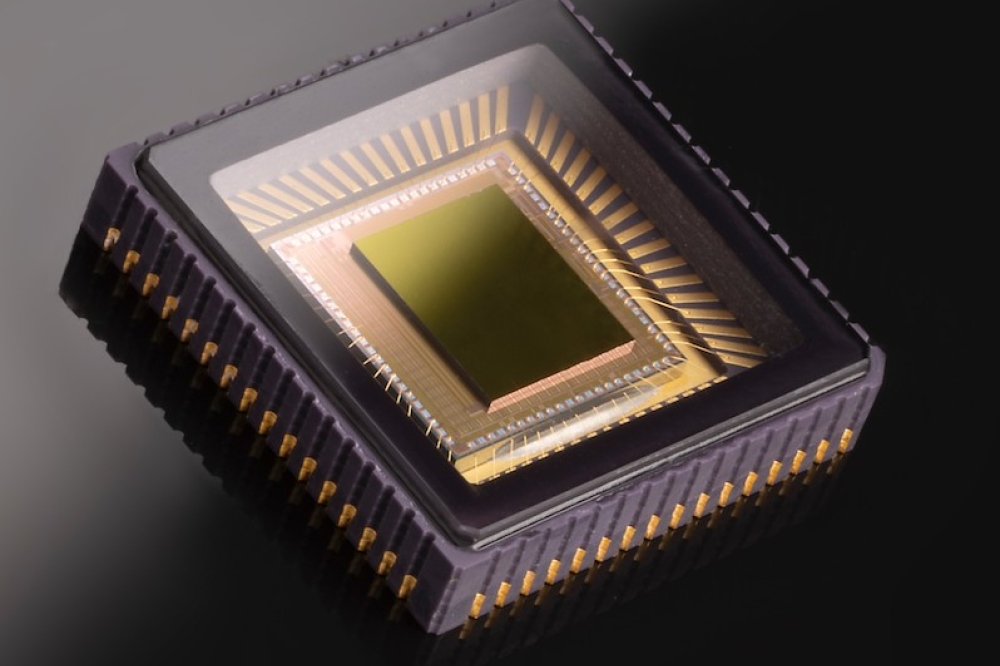CompoundTek collaborates with Siemens on SiPh design kit

New PDK Component Model Library supports 3 sigma models to improves design for manufacturability
CompoundTek, foundry services provider in emerging field of silicon photonics (SiPh), has partnered with Siemens Digital Industries Software to develop and release CompoundTek’s Process Design Kit (PDK) version 2.0.
With the vision of enabling best-in-class photonic circuit simulation for customers, the version 2.0 PDK Component Model Library supports 3-sigma statistical models, based on CompoundTek’s actual measured 8inch wafer-level data of Si/SiN waveguides, passive and active photonics components on its SiPh 8inch fabricated wafers.
Formerly Mentor Graphics, Siemens’ EDA solutions provide a broad array of design and verification solutions for photonic designers, including L-Edit Photonics and LightSuite Photonic Compiler, both of which work with CompoundTek’s 2.0 PDK. These tools provide productivity improvements for photonics experts and IC designers through automation and custom layout. Siemens’ Calibre verification platform, which includes Calibre nmDRC with its proprietary equation based functionally, has extended its golden signoff status to include silicon photonic designs.
A total of 39 new components in both O and C wavelength band; SiN based Mux/DeMux, terminator, Polarization Rotator Beam Splitter, VOA, SiN based platform etc., are added in this latest PDK release. Nominal compact models have been added to the Component Model Library to enable circuit simulations with these new components. All models are calibrated against measurement data to ensure the highest level of accuracy.
The PDK version 2.0 also adds 3-sigma statistical data to 30 active models, including photodetectors, ring modulators, and Mach-Zehnder modulators. It enables CompoundTek customers’ designs to have a better fit of the simulation results with the actual performance, resulting in a more accurate prediction of the actual chip performance and yield. Customers now have access to the 3-sigma statistical model based on the actual wafer measurement data and can factor in the variation of the actual performance when designing their products.
A better understanding of the design margin based on the 3-sigma model can now be achieved without the costly and lengthy process of running a process corner check on the actual product, saving both time and money, acording to CompoundTek. Customers can now enhance their Design For Manufacturability (DFM), shortening their time to production, at a lower cost.


































